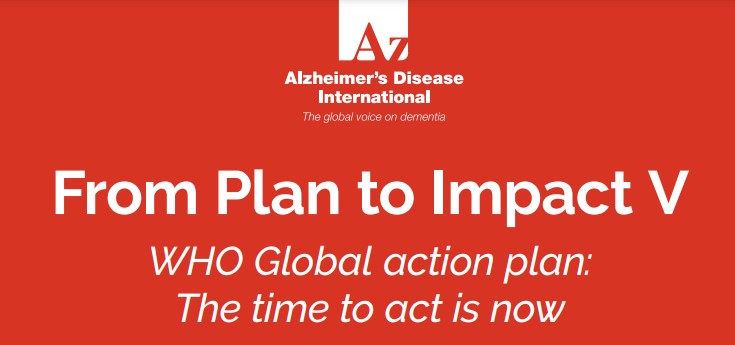Budget 2022 was taster. Main course needed urgently
New Zealand may be getting somewhat ahead of the international curve in its response to the rapidly increasing prevalence of dementia.

A new report out this week from Alzheimer’s Disease International (ADI) shows that only around 20 per cent of World Health Organization nations have followed through on their 2017 promises to implement national dementia action plans.
And New Zealand was among that quota when ADI’s global Plan to Impact report was being drafted earlier this year, but the recent Budget 2022 announcement about dementia funding has moved the dial somewhat, says Alzheimers NZ chief executive, Catherine Hall.
“It wasn’t what we wanted by any stretch of the imagination, but it’s a start and we must acknowledge associate health minister Ayesha Verrall’s efforts to ensure the issue of dementia support services got at least some traction in the Budget.”
The Plan to Impact report estimates nearly 140 million people globally will be living with dementia by 2050 and, in some countries prevalence will increase by 2,000 per cent.
Case numbers in New Zealand are set to triple by 2050, heavily impacting Māori, Pacifica and Asian communities.
The report also shows the major rise in prevalence will require the equivalent of over 76 million full-time unpaid caregivers, 70 per cent of whom will be women.
“New Zealand is not an outlier when it comes to these estimates,” Ms Hall said.
She stressed the need for the Dementia Mata Wareware Action Plan to be fully funded and implemented by government as soon as possible.
“The rapidly growing number of dementia cases as our population ages has the very real potential to overwhelm our health system unless government takes steps now to address this looming health crisis.
“Budget 2022 was a taster, but we urgently need the main course.”

